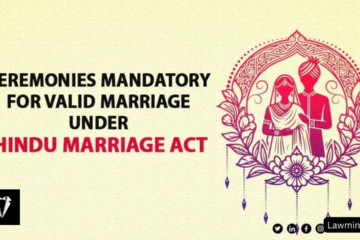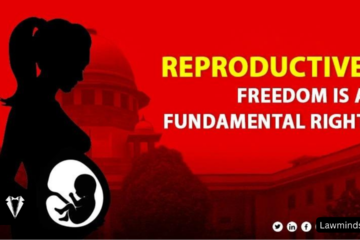
In a recent ruling, the Calcutta High Court delved into the intricate dynamics of promotion within the realm of employment, emphasizing the nuanced distinction between the right to promotion and the right to be considered for promotion. The court’s decision, rooted in principles of administrative discretion and employee rights, provides clarity on the subject while addressing the specific circumstances of the case at hand.
The court elucidated that while an employee does not possess an inherent entitlement to promotion, they do possess a fundamental right to be evaluated for promotion. This pivotal distinction underscores the discretionary power vested in employers regarding promotion decisions, emphasizing that such determinations should not be subject to casual interference. The judgment, delivered in response to a writ petition seeking direction for the acceptance of a promotion recommendation, reflects a balanced approach that respects both employer prerogative and employee expectations.
Promotion, the court articulated, represents a natural progression within the employment hierarchy, driven by considerations of merit, performance, and organizational needs. While employees cannot lay claim to promotion as an automatic entitlement, they do have the right to fair consideration for advancement based on their qualifications and contributions to the workplace. The court underscored the intrinsic link between promotion and employee motivation, noting that advancement opportunities serve as incentives for individuals to excel in their roles and enhance their overall performance.
Contextualizing the judgment within the framework of the case, the court examined the circumstances surrounding the petitioner, an Associate Professor who retired before a promotion decision could be finalized. Concurrently, disciplinary proceedings initiated against the petitioner during their tenure continued post-retirement, adding a layer of complexity to the situation. A prior writ petition filed by the petitioner had resulted in directives from the High Court to halt disciplinary proceedings and address previous denials of service benefits. Subsequently, the petitioner sought redressal for the denial of promotion by the Governing Council, citing alleged institutional bias and unfair treatment.
In presenting arguments before the court, the petitioner’s counsel contended that the Governing Council’s refusal to approve the promotion recommendation constituted harassment and discrimination against the petitioner. The counsel asserted that the recommendation, once made by the Selection Committee, should not require further approval and that any delay in implementing the recommendation amounted to injustice towards the petitioner. Conversely, the institute’s counsel argued that the recommendation’s finality hinged upon approval by the Governing Council, citing precedent to support the contention that recommendations are not mandates but subject to validation by competent authorities.
Upon careful deliberation, Justice Amrita Sinha, presiding over the single-judge bench, delivered a reasoned judgment that upheld the principles of administrative protocol and procedural fairness. The court affirmed that promotion decisions must undergo thorough scrutiny, including internal and external assessments, as well as approval by designated authorities, before implementation. Emphasizing the non-finality of recommendations until endorsed by the appropriate body, the court dismissed allegations of illegality or bias in the employer’s decision-making process.
In concluding its judgment, the court reiterated the exclusive prerogative of employers in determining promotion outcomes, cautioning against undue interference in such matters. While acknowledging the petitioner’s desire for advancement, the court underscored that promotion cannot be demanded as an absolute right but must be earned through demonstrated merit and alignment with organizational objectives.
In essence, the Calcutta High Court’s ruling serves as a clarion call for adherence to procedural rigor and respect for administrative discretion in matters of employment promotion. By delineating the boundaries of employee rights and employer authority, the judgment strikes a delicate balance that upholds fairness and accountability within the workplace ecosystem.



